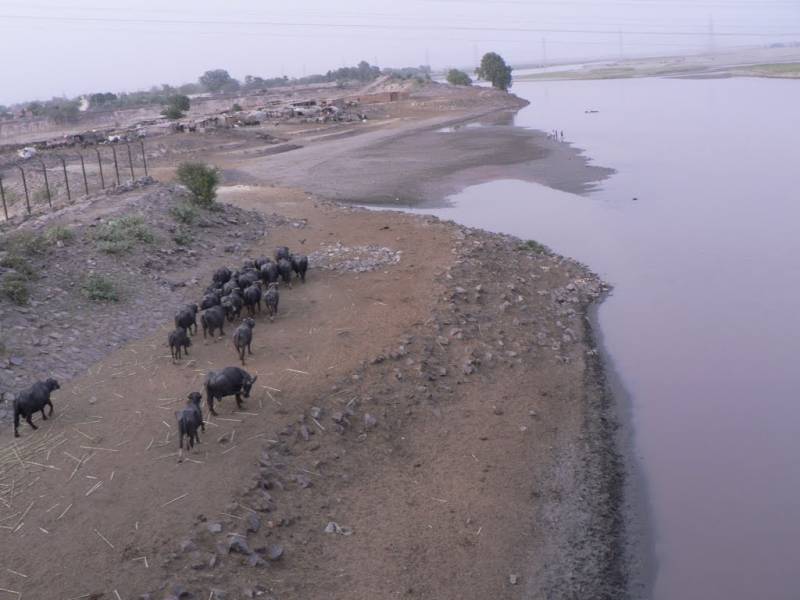Indian Prime Minister Narendra Modi will do what it takes and say what he must to get himself re-elected. That means isolating India from its neighbours and keeping up the same rhetoric that fools no one, except perhaps his loyal voters. Taking a dig at both Pakistan and China, he said that “countries” need to stop supporting terrorism and start respecting territorial sovereignty, making a veiled reference in a foreign policy speech, towards CPEC.
He insisted that India will not hold talks with Pakistan as long as it continues to support terrorism, saying that countries in the region that export terrorism stand “isolated and ignored.” However, considering his actions of late, the only one sponsoring terrorism seems to be Mr Modi himself, who will not stop short of killing innocent women and children across our borders and in Kashmir, all in the name of national interest.
As the crucial state-level elections in India loom ahead, where PM Modi’s Bharatiya Janata party is campaigning in part on the administration’s tough stance on Pakistan, he makes sweeping claims regarding Pakistan’s rivers, saying that we have no claim over the eastern rivers. As ridiculous as his claims are, what is more disturbing is that the World Bank is displaying hesitance to fulfil its obligations towards the Indus Water Treaty (IWT) as no party under the IWT can ‘pause’ performance of the obligations.
India continues to work illegally on its Kishenganga project that will have an adverse impact on the Neelum-Jhelum hydropower project (NJHP) of Pakistan. Located 22 km south of Muzaffarabad, the NJHP will have an installed capacity of 969 MW. Construction on the project began in 2008 after a Chinese consortium was awarded the construction contract in July 2007. Yet the project is set to miss the repeatedly extended deadline of June 2017 and create more troubles for the PML-N government’s stance of objecting to India’s project.
The first unit of the project was scheduled to come online by mid-2017, followed by three more units by the end of the year. This project must be completed in time if we are to vehemently object to the making of the Kishenganga project. Mr Asif informed the Senate that the Kishenganga project would hardly have ten percent of adverse impact on the NJHP. Considering that our project has been allocated a staggering Rs404 billion in funding, we must not allow even one percent loss for the power plant. Pakistan should fight tooth and nail to protect its rivers and this project even if it has to establish a Court of Arbitration to have its grievances addressed against India in line with the terms in IWT.






